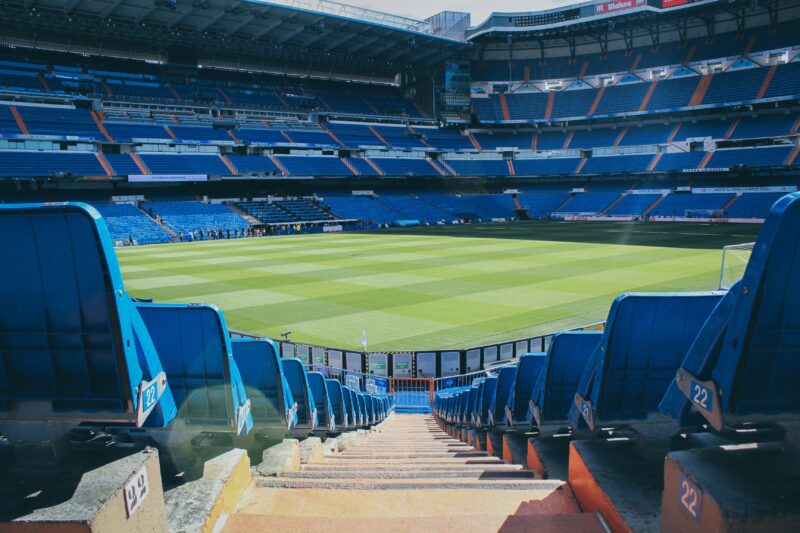
Why the future of sports sponsorship is in our hands
With the industry still reeling from high-profile sponsorship deals gone sour for Netball Australia, Cricket Australia and the AFL, War on Single Use Plastic (WOSUP) co-founder and CEO Martin Salter explains why live sport is ripe for value-led change.
Over the last few years, there has been a shift in the way brands do business.
Little by little, sports brands have realised that customers no longer deal solely in dollars: they want a value exchange. They need their brands and institutions to reflect their own value system. And if they didn’t? Well, they’d simply take their money elsewhere.
And so, for a brand to ignore its customers’ values and ideals these days is simply marketing suicide. Take last year’s Qatar World Cup as a prime example, which saw brands and sponsors pulling out left, right, and centre. Most recently, the Fédération International de Football Association (FIFA) cancelled sponsorship plans with Saudi Arabia’s state tourism authority, Visit Saudi, for the 2023 Women’s World Cup, following public backlash on human rights grounds.

Consumers – in particular those from ‘Generation Next’ (Millennials, Gen Z and Gen Alpha) now make up just over half (51.7%) of Australia’s population – will no longer put up with sub-standard ethical practices from the sporting brands and institutions they once loved.
Panicked by this growing consumer sentiment, brands have begun to skill up their environmental, social, governance (ESG) principles, and a new marketing conundrum has been born: how can we make the world a better place, yet still turn a profit?
On a forced hiatus during the pandemic, live sports and entertainment had some time to reflect. When you take carbon emissions, energy consumption and waste generation all into account, this industry wins no medals for saving the planet. With 65 stadiums and 43 arenas, Australia alone churns through an estimated 40 to 50 million disposable plastic cups a year.
For an industry that has historically relegated ESG talk to the bottom of the boardroom table, developing and implementing an effective strategy is now mission-critical – and there is a huge opportunity to make a significant impact.
Stadiums and arenas are the perfect environments for effective waste diversion because practically all food and drink purchased is consumed on-site. West Ham United in the UK is the ideal example of a sports organisation embedding its ESG strategy at a deep operational level. They operate a no-landfill policy and 99% of food waste is regenerated back into water used throughout the stadium – saving both money and the planet.

Equally, think about the potential live sports has to drive behaviour change. Most human behaviour is learned observationally through modelling, so imagine the potential that exists within a tribe of 30,000 like-minded footy fans?
We are already seeing the social impact sports can have – athletes like Colin Kaepernick, Marcus Rashford and Naomi Osaka have all used their platforms to shine a light on human rights issues. Surely it’s time now the sports world throws its weight behind environmental issues too?
There are many venues, sponsors and codes committed to ethical and sustainable practices, but many are still without a unique ESG story to tell. But by getting on the front foot now, Australian sports venues, codes, and brands have the perfect opportunity to not only embrace change but to be at the forefront of it.
For an industry at the touchpoint of society and culture, let’s not allow live sports and entertainment to be left behind in the dark ages. We must strive for solutions that overcome the paradox facing large-scale sports venues and their corporate partners – namely, that people and the planet can come before profit.

Martin Salter is co-founder and CEO of War on Single Use Plastic (WOSUP).


